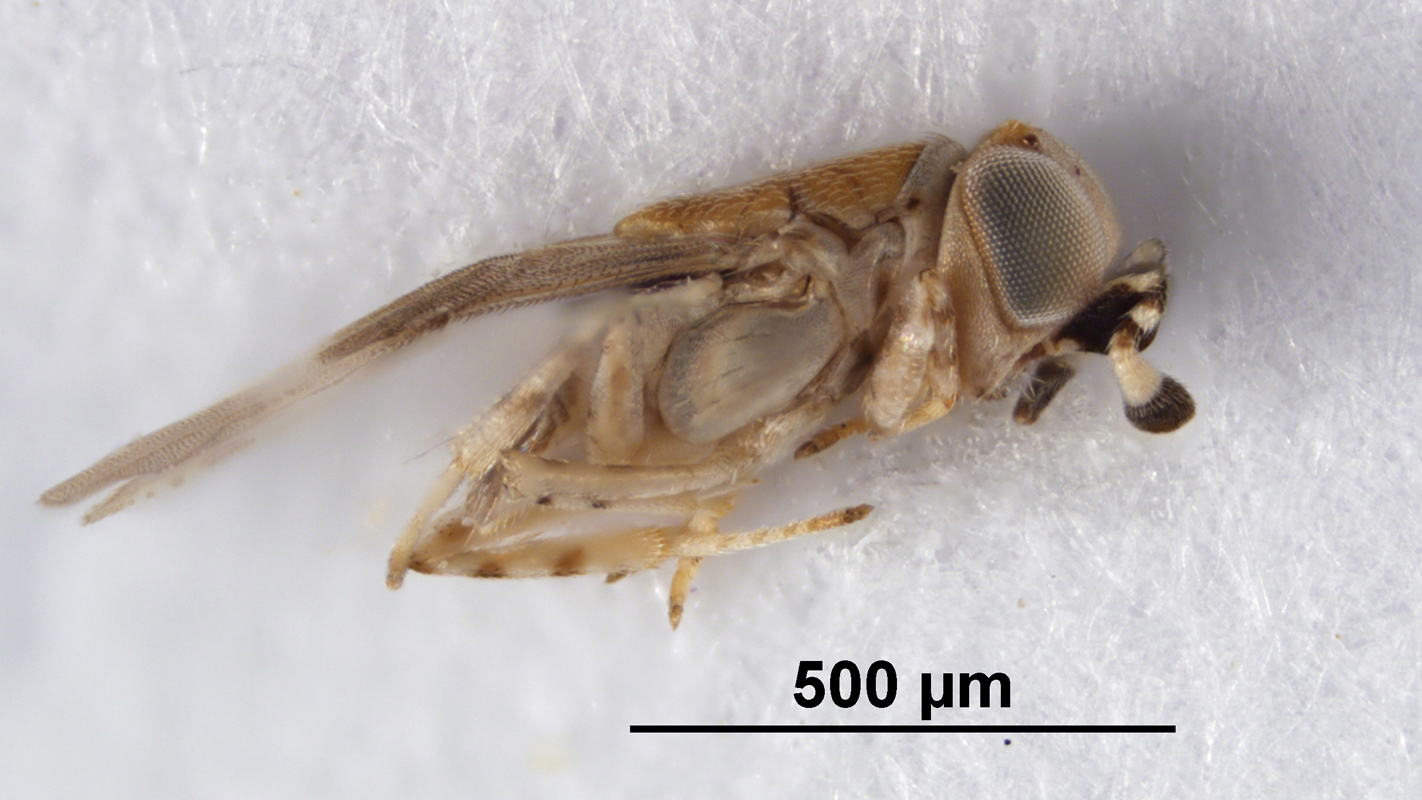Aug 15, 2013
New Carnivore in the Cloud Forest
A two-pound mammal that looks like a cross between a house cat and a teddy bear has a claim to fame as the first new carnivore species discovered in the Western Hemisphere in 35 years. Today, scientists in Washington, D.C., and Raleigh unveiled the olonguito (oh-lin-GHEE-toe), a member of the same family as raccoons, coatis,…



